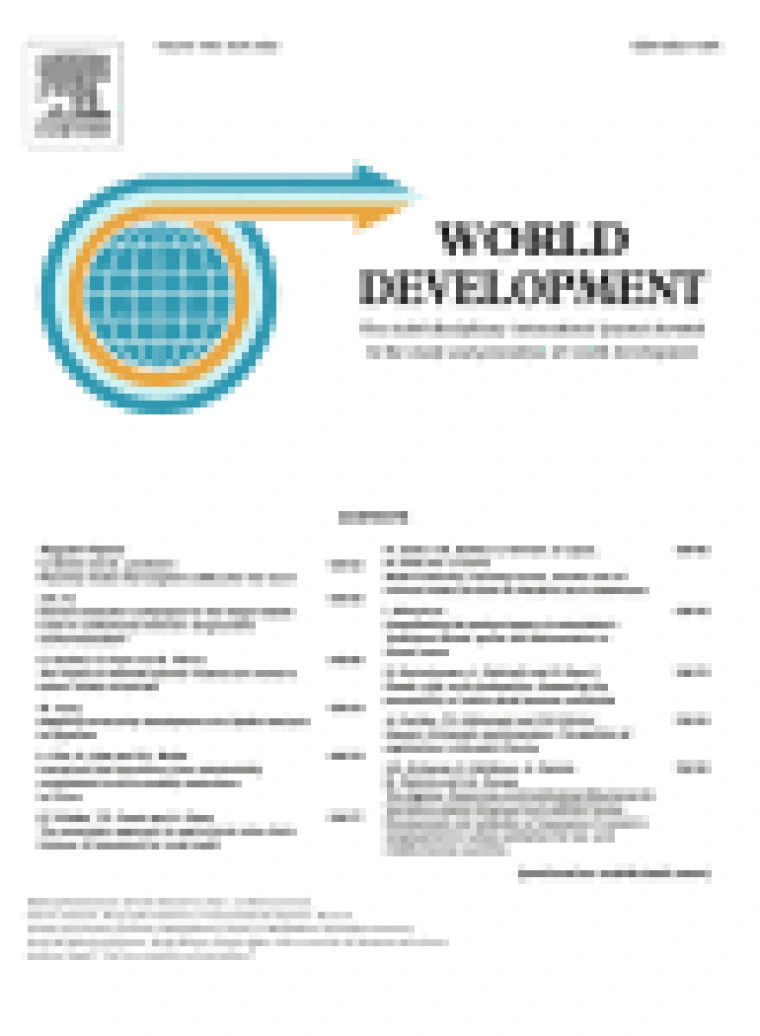Presently, about one billion people reside in slums around the world, creating an ongoing urbanization and development challenge. Slum settlements lack tenure security, posing an additional challenge for municipal and national governments in providing basic services. In particular, safe and affordable access to water for slum residents remains unmet, as slum settlements often lack municipal water supply coverage and rely on small-scale informal water services. We examined the dynamics between housing tenure status (tenancy vs ownership), water service types, and water insecurity among households in three slum settlements in Nairobi, Kenya. Using a cross-culturally validated 11-item Household Water Insecurity Experience (HWISE) scale, we identified a key link between housing tenure status and water insecurity, based on survey data from 556 households. We found that water insecurity in the study sites is a significant challenge because of the link between housing tenure and access to different water service types. As such, water insecurity scores among tenants were significantly higher than homeowners, and this association persists even after controlling for household characteristics. Furthermore, a higher percentage of homeowners had access to formal water services than tenants and accessing water from informal water providers was related to higher water insecurity. Our results highlight the need for development interventions in slums to consider housing tenure of residents when planning interventions to alleviate water insecurity. To meet the goal of ‘equitable water for all’ set by the United Nations Sustainable Development Goals (SDGs), governments must also take key steps to resolve housing tenure injustice and expand home ownership in slum settlements.


